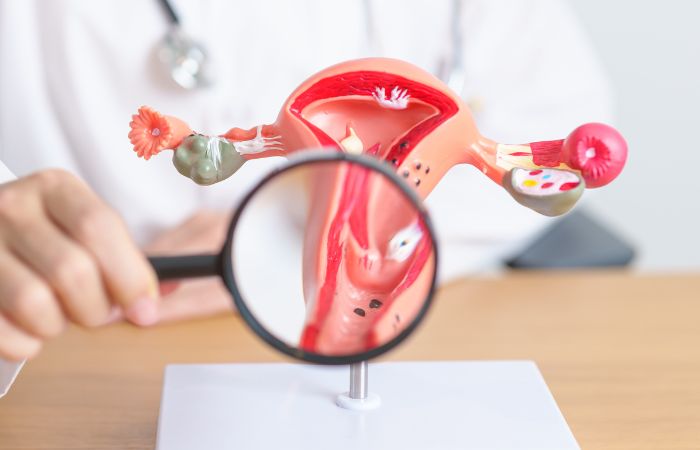“Doctor, my friend opted for painless delivery during labor. Can I also choose this option?” This is one of the most frequently asked questions during consultations with expectant mothers in their ninth month of pregnancy. Let’s discuss painless delivery in Thane and how epidural analgesia plays a pivotal role in transforming the birthing experience.
What is Epidural Analgesia in Labor?
Epidural analgesia, commonly referred to as an epidural, is a method used to manage labor pain effectively. It is typically administered when a woman enters active labor and feels that the pain has become too overwhelming. At this point, you can discuss the option with your gynecologist.
The procedure is performed by an anesthesiologist, who explains the entire process and takes consent before proceeding. A small plastic tube, called a catheter, is inserted into the epidural space outside the spinal cord. After cleaning the area and administering local anesthesia to numb it, the anesthesiologist inserts the catheter and delivers pain-relieving medication through it. This medication blocks the pain signals traveling from the uterus and cervix to the brain, reducing labor pain by about 80%.
How Does Epidural Analgesia Work?
Once the catheter is placed, the pain-relief medication is delivered either periodically via injections or continuously using an infusion pump. This ensures consistent pain relief during labor.
Contrary to some misconceptions, opting for an epidural does not increase the likelihood of a cesarean section. A qualified gynecologist will recommend painless delivery only if you are already a good candidate for normal vaginal delivery. In case a cesarean section becomes necessary during labor, the same epidural catheter can be used to administer a stronger dose of anesthesia, eliminating the need for an additional procedure.
Does Epidural Slow Down Labor Progress?
Some women worry that an epidural might slow down labor or affect cervical dilation. However, research shows no direct link between epidural analgesia and delayed labor progress. While an epidural numbs pain, it does not interfere with pressure sensations or touch, which are crucial for pushing.
That said, due to the numbness, some women may take slightly longer during the pushing phase, but this is manageable with assistance, such as instrumental delivery if necessary. The overall risks associated with an epidural are minimal, and the benefits far outweigh the concerns.
Is Epidural Safe for the Mother and Baby?
Yes, epidural analgesia is completely safe for both the mother and the baby. Concerns about complications like back pain or paralysis are largely unfounded when the procedure is performed by a trained anesthesiologist. Similarly, the medication used does not harm the baby.
Epidural analgesia ensures a safer and more controlled labor experience, reducing maternal stress and improving oxygen supply to the baby during labor. This makes it a reliable option for women seeking a comfortable delivery process.
Are There Alternatives to Epidural Analgesia?
For those who prefer not to use an epidural, other pain management methods are available, including:
- IV or intramuscular medications for mild pain relief.
- Nitrous oxide (laughing gas), which can be inhaled during contractions.
- Non-medical techniques, such as aromatherapy, pressure therapy, massage, warm baths, or mobilization.
While these alternatives can help, they are generally less effective than epidural analgesia for managing labor pain.
Why Choose Epidural Analgesia?
Epidural analgesia is a safe, effective, and scientifically proven method for managing labor pain. It significantly reduces discomfort without compromising the progression of normal delivery. Opting for an epidural ensures a healthier and less stressful birthing experience for both mother and baby.If you’re considering painless delivery, consult your gynecologist to discuss whether epidural analgesia is the right option for you. Dr Aditi Godbole, one of the best gynecologists in Thane, specializes in painless delivery and advanced obstetric care. With her expertise, you can ensure a comfortable and positive birthing experience tailored to your needs. Remember, with epidural analgesia, a healthy baby and a happy mother are the ultimate outcomes. Book your appointment today.








